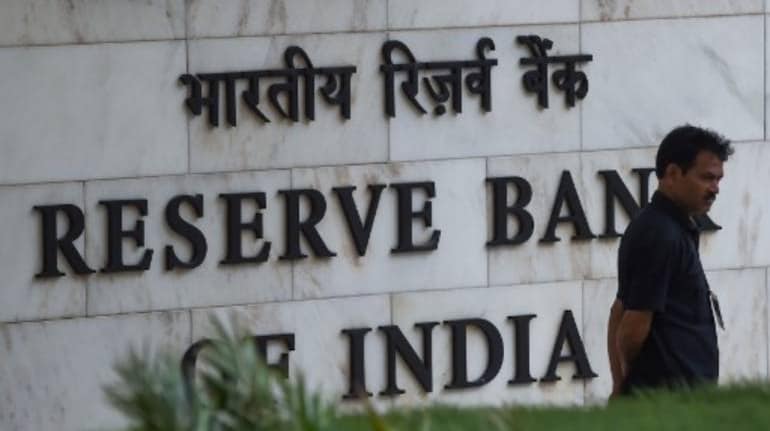



Bad loans of bigger co-operative banks worsened in September 2022, the Reserve Bank of India (RBI)’s Financial Stability Report (FSR) showed on December 29.
According to the report, the GNPA ratios of UCBs, which had a significant improvement in March 2022, worsened for such banks.
GNPA ratios for scheduled urban cooperative banks rose to 9.1 percent from 7.5 percent and for non-scheduled urban cooperative banks rose to 15.8 percent from 11.6 in September 2022. Also, the net non-performing assets (NNPA) ratios also deteriorated in H1:2022-23 to 4.1 percent and 9.5 percent respectively, the RBI report showed.
Despite an increase in provisions, there was a decline in the provisioning coverage ratio (PCR) of NSUCBs and SUCBs to 47.3 percent and 59.9 percent, respectively, the report showed.
Further, the report noted that the concomitant rise in capital to risk-weighted assets ratio (CRAR) and decline in PCR indicate lower provisioning relative to GNPA.
Earlier, Moneycontrol reported that the GNPA of urban cooperative banks rose to Rs 36,500 crores in 2021 from Rs 32,300 crores in 2020 and the growth in deposits, which constituted 80.3 percent of their business in 2020, remained flat in 2021.
Going forward, the FSR noted, in the absence of improving profitability, additional provisioning to meet an increase in NPAs would result in reduction of capital levels.
The RBI cancelled the permits of 12 co-operative banks in 2022 and imposed 110 penalties on weak entities, Moneycontrol reported on December 28.
Discover the latest Business News, Sensex, and Nifty updates. Obtain Personal Finance insights, tax queries, and expert opinions on Moneycontrol or download the Moneycontrol App to stay updated!
Find the best of Al News in one place, specially curated for you every weekend.
Stay on top of the latest tech trends and biggest startup news.